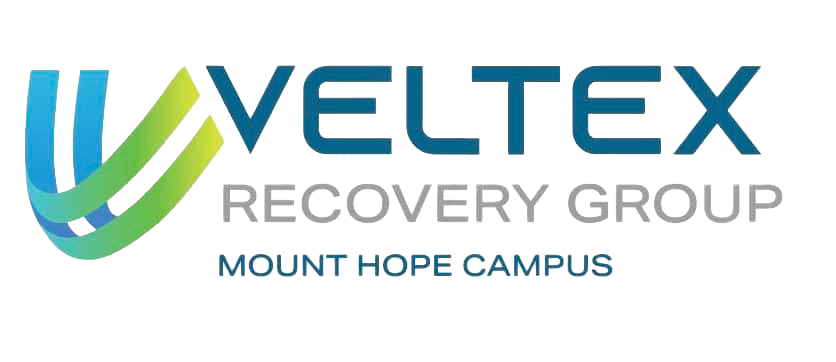Home - Frequently Asked Questions
Frequent Questions
“Quick answers to help you better understand our care, services, and how we can support your recovery journey.
Ready to take the next step?
CALL OUR FACILITY 24/7
or provide your details below and we’ll call you right back.
Can't find what you're looking for?
Can't find what you're looking for? Visit our contact page to reach out.
What types of addiction treatments are offered at the clinic?
The clinic offers a wide range of addiction treatments, including inpatient rehabilitation, outpatient programs, detoxification services, dual diagnosis treatment, and holistic therapies. Each treatment plan is customized to meet the specific needs of the individual, ensuring a comprehensive approach to recovery.
How long does the rehabilitation program typically last?
The length of the rehabilitation program can vary depending on the individual’s needs and progress. On average, inpatient programs last between 30 to 90 days. Outpatient programs and aftercare services can continue for several months to support long-term recovery.
Is family involvement allowed during the rehabilitation process?
Yes, family involvement is encouraged during the rehabilitation process. The clinic offers family therapy sessions and educational programs to help loved ones understand addiction and learn how to support the recovery journey. Family members are an important part of the healing process.
What should I bring with me to the rehab clinic?
When coming to the rehab clinic, it’s recommended to bring personal hygiene items, comfortable clothing, necessary medications (with prescriptions), and any important documents, such as identification and insurance information. The clinic will provide a detailed list of what is allowed and what should be left at home for safety reasons.
What happens after I complete the rehab program?
After completing the rehab program, the clinic offers aftercare services to help you transition back into daily life. This may include ongoing therapy, support group meetings, relapse prevention planning, and regular check-ins with counselors. The goal is to ensure you continue receiving the support needed for lasting recovery.
How does a rehab program support your recovery journey?
A rehab program provides a structured environment with medical professionals and therapists who guide you through every step of recovery. They offer personalized treatment plans, emotional support, and tools to help you build a healthier, addiction-free life.
What makes a rehab program effective?
A successful rehab program combines medical care, therapy, and a supportive community. The program focuses not only on overcoming addiction but also on addressing the underlying causes, teaching coping mechanisms, and helping you rebuild your life with the support of peers and professionals.
